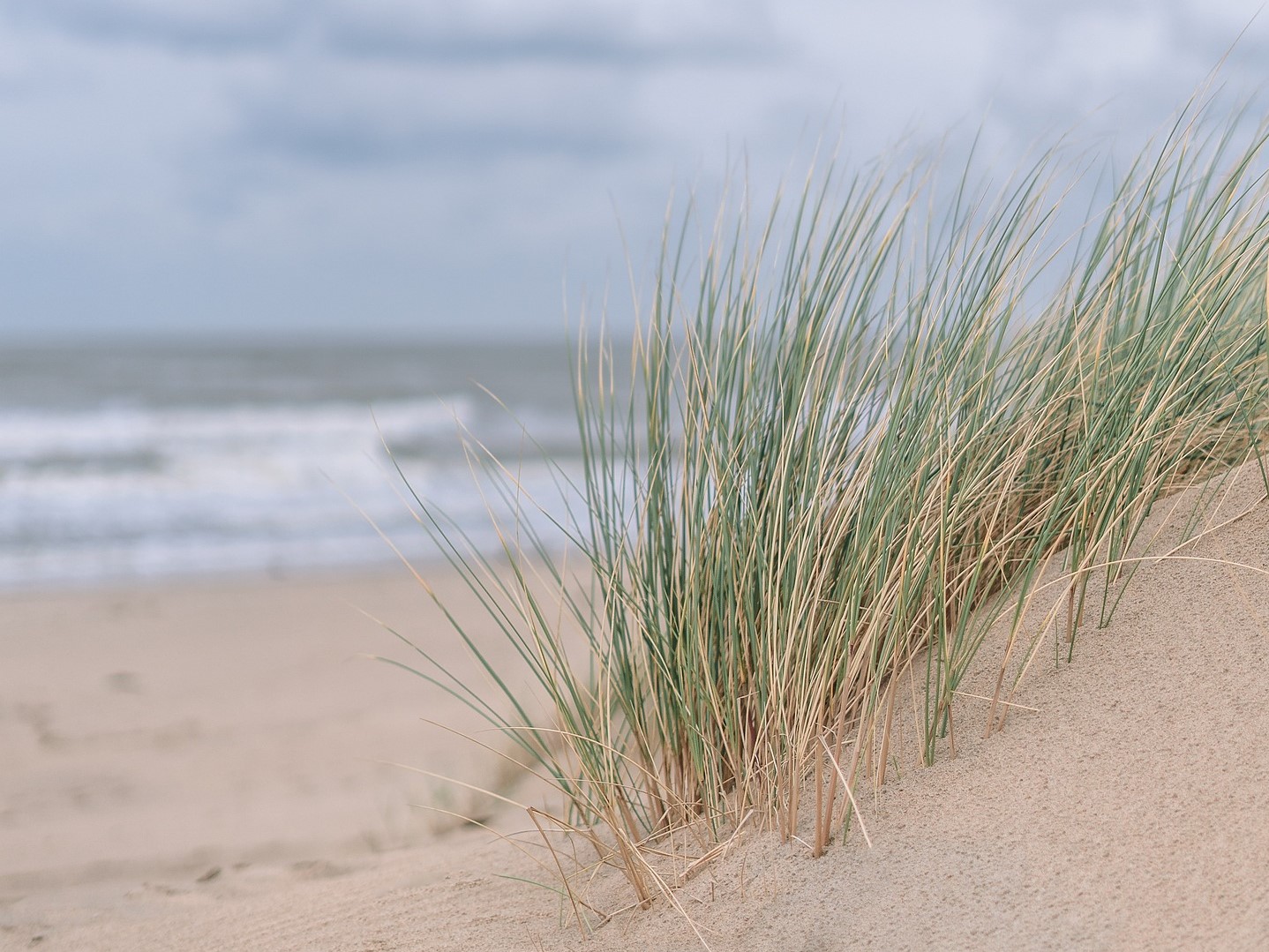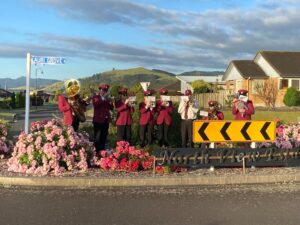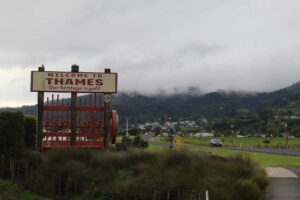The Coastcare Waikato 2023 planting season has begun, with a focus on restoring dunes impacted by the weather events of the summer, including cyclones Gabrielle and Hale.
Waikato Regional Council biodiversity officer Andrew Anderson, who oversees the Coastcare programme, said there has been increased demand for the programme from community groups in 2023.
“Healthy dunes act as a buffer between the land and the sea. Restored dunes naturally rebuild themselves after coastal erosion caused by a combination of massive storms and high tides,” Andrew said.

“Some groups, such as Save the Dunes Whangamatā, have recently formed because community members saw how differently restored and non-restored dunes responded during the cyclone.
“For example, last year in Pāuanui where we put in 15,000 plants, we lost just 10 per cent of the plantings and the remaining 90 per cent are already rebuilding the dune.
“Planting in Whangamatā this year will be the largest single Coastcare restoration undertaken on the Coromandel, with an approximate 700-metre section of eroded dune being restored.”
Waikato Regional Council is providing about 28,000 dune and wetland plants for the 2023 planting season: 10,000 for Coromandel beaches and 18,000 for west coast beaches. Thames-Coromandel District Council is providing more than 40,000 plants for the peninsula, and local groups are also contributing.
As many Coastcare sites are on district council or public conservation land, Waikato Regional Council works closely with territorial authorities and the Department of Conservation (DOC), and in partnership with local communities and iwi.
The regional council collaborates with district councils on various Coastcare projects along Waikato’s coastlines. For example, regional council and Thames-Coromandel District Council jointly fund a Coastcare coordinator who leads delivery of projects on the southeast coast of Coromandel.
Restoration planting is largely focused on stabilising the loose foredune areas with kōwhangatara/spinifex and pīngao, both native sand-binding grasses, and recreating native coastal ecosystems through back dune plantings of grasses, shrubs and trees.
During the 2022 planting season, Coastcare delivered 31 planting bees across 27 locations, with over 3000 volunteer hours and 31,000 eco sourced plants planted between the east and west coasts.
Other Coastcare activities include:
- planting of native dune, coastal forest, or wetland species
- pest plant and animal control
- earthworks, including reshaping dunes and clearing of exotic vegetation
- fencing of planted areas
- installing beach accessways and signage.
To find out more about Coastcare events and how to take part in upcoming planting bees, go to www.facebook.com/coastcarewaikato/events.




